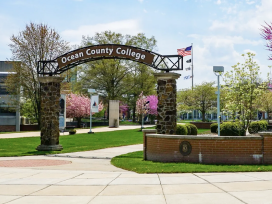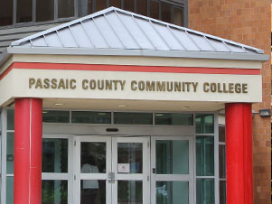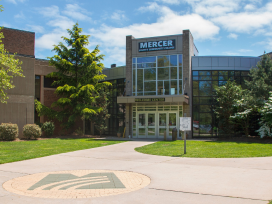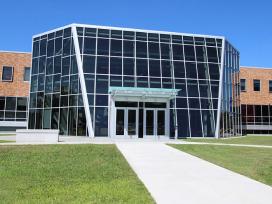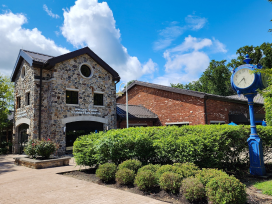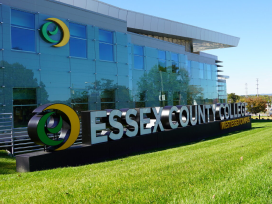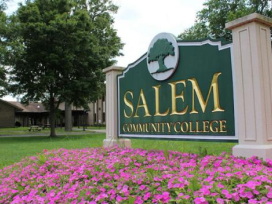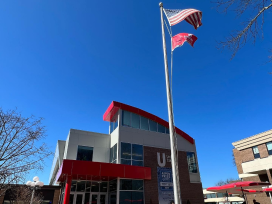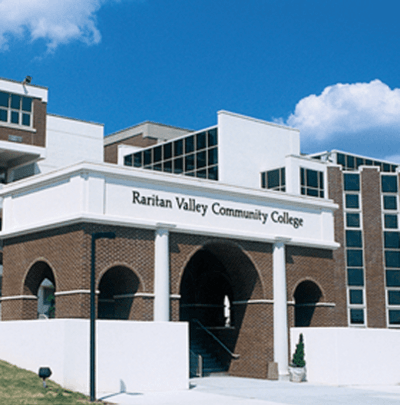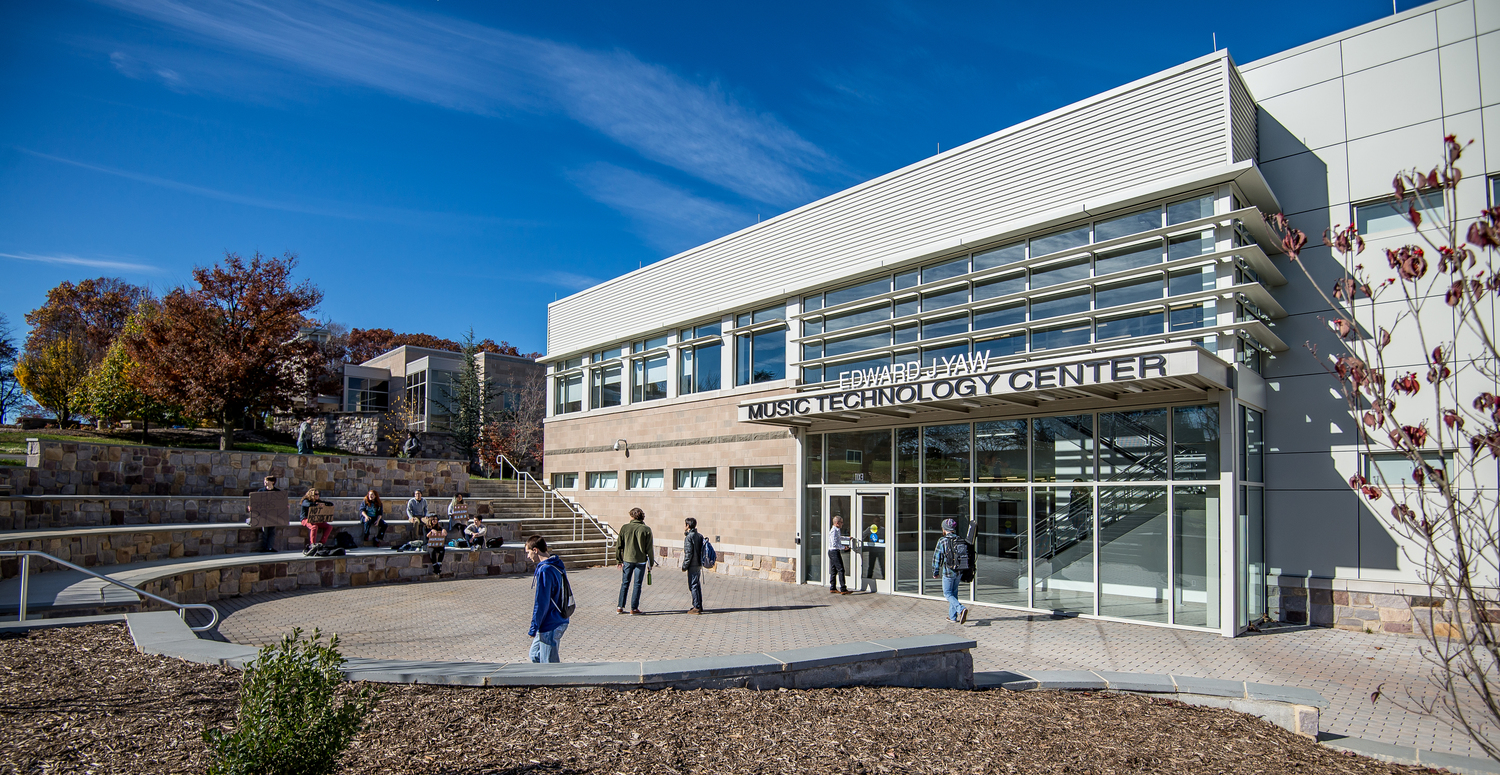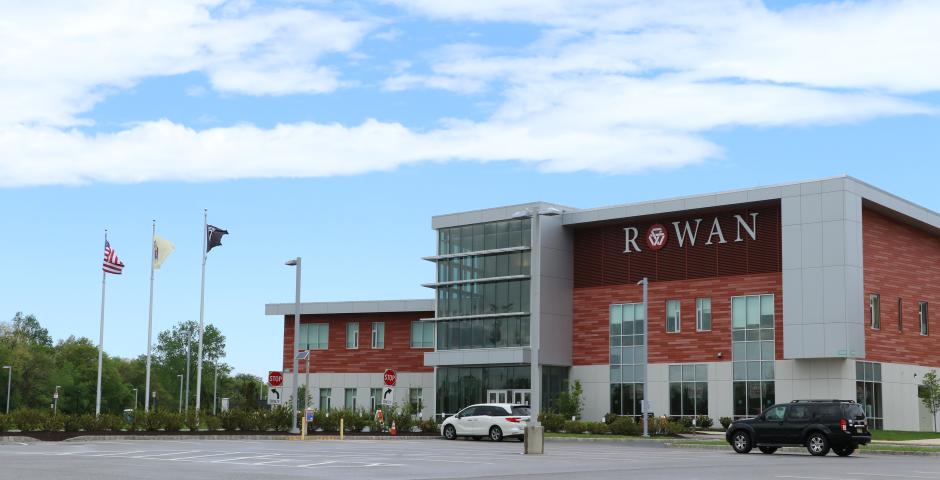1. State and Federal Policy Committee
Co-Chairs: Mary Zimmermann, Trustee, Union College, and Barbara Gaba, President, Atlantic Cape Community College
Vice-Chairs: Barbara Horl, Trustee, Brookdale Community College, and Christopher Reber, President, Hudson County Community College
Members: Pamela Monaco, President, Ocean County College, Arnold Lewis, Trustee, Essex County College, Pamela Gardner, Trustee, Hudson County Community College, Paul Licitra, Trustee, County College of Morris, Dennis Marco, Trustee, Passaic County Community College, and Anthony Wright, Trustee, Rowan College at Burlington County
The State and Federal Policy Committee will:
- Keep the Council informed of all legislative matters impacting community colleges.
- Propose legislation and changes to state policy (through an annual state and federal policy agenda) that will enhance the effectiveness and efficiency of community colleges.
- Review legislation affecting community colleges and recommend, as appropriate, a Council position of support, support with amendments, oppose, or monitor.









